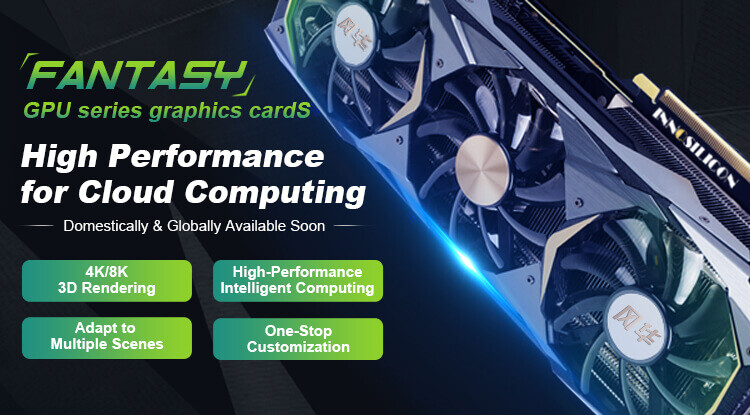Originally posted by tuxd3v
View Post
As for targeting the vector extension as a base ABI component, that's not necessary; there's infrastructure to resolve that at runtime, in fact there are a couple good solutions.





Leave a comment: